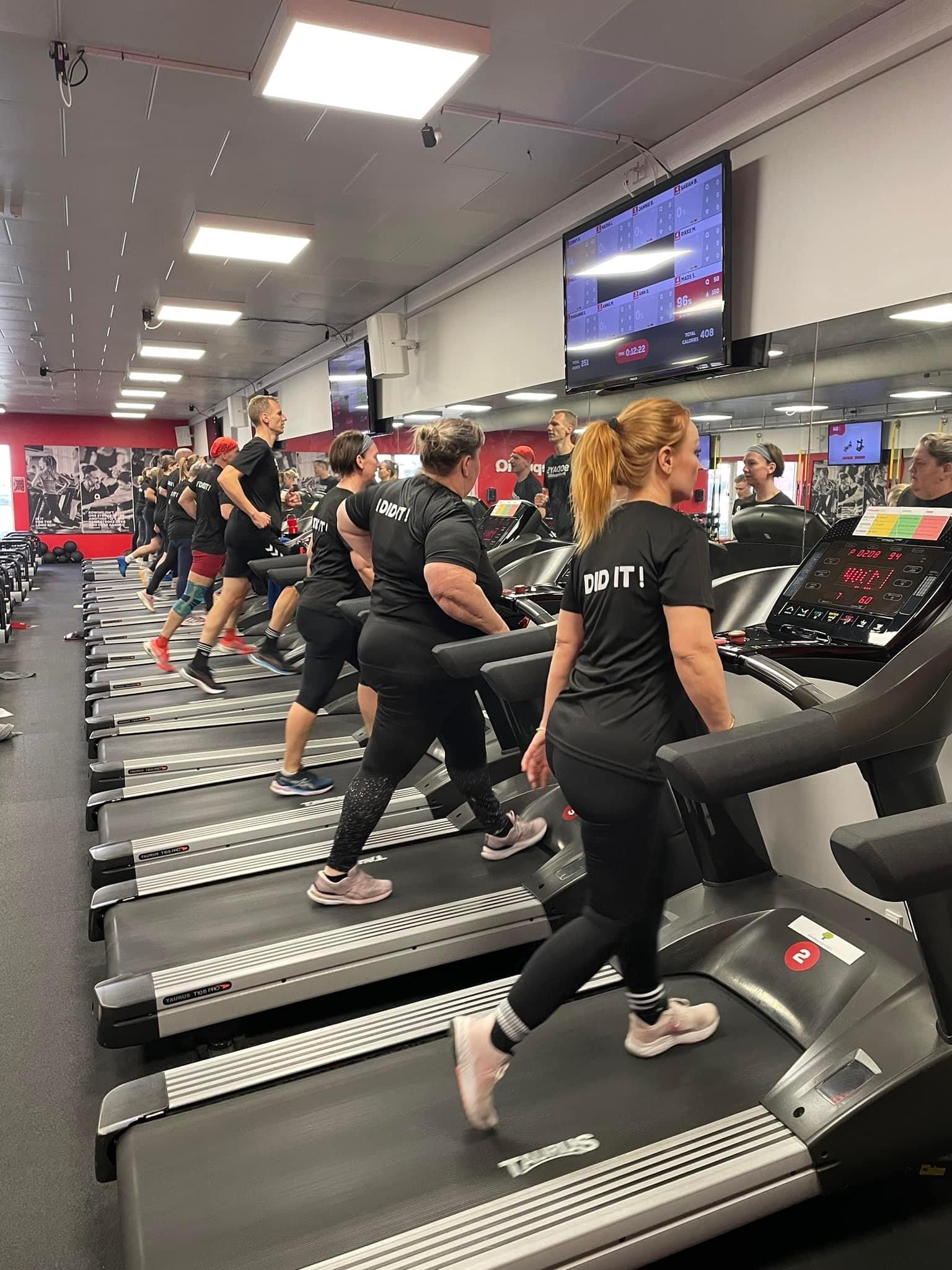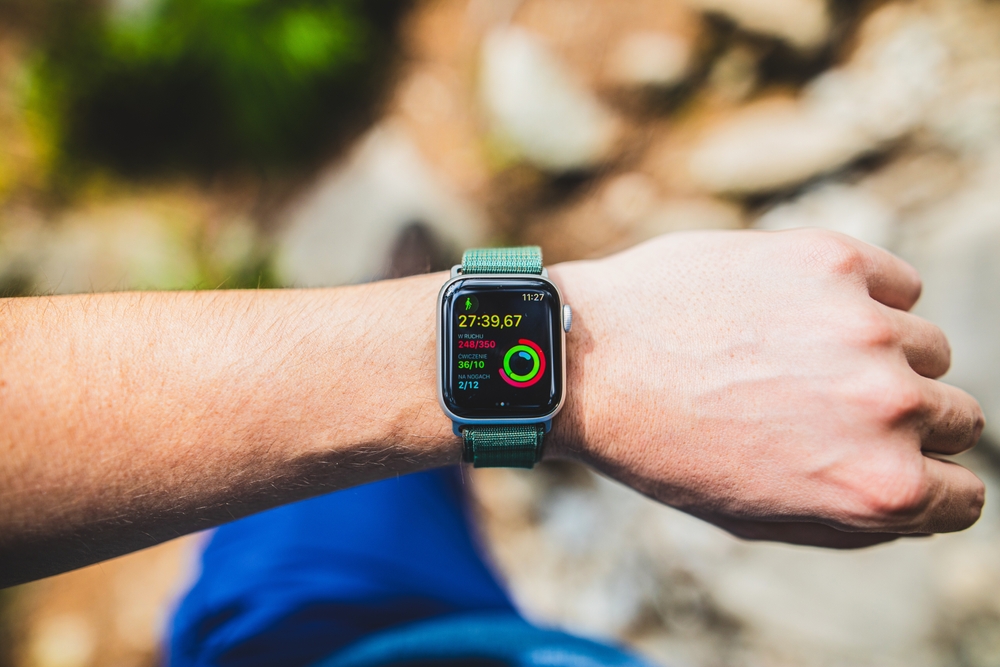Research confirms: Exercise and training ARE the best remedy for stress – both in terms of prevention and treatment.
Research on stress is more extensive than ever before because it has become one of the biggest health problems of our time. But for once, the problem has a simple and free solution: exercise! You might have had a hunch, but now it’s scientifically proven too. Swedish, Norwegian, and American researchers have been studying for years how we best deal with stress so we don’t become physically and mentally ill. They all conclude that exercise is the single factor that has the greatest impact on our physical and mental health. There is no medicine or method that even comes close to the positive effect that regular aerobic exercise has on our health.
4 examples of how exercise helps with stress
- Regular exercise lowers blood pressure and cholesterol in the blood and regulates blood sugar exactly the opposite of what happens during stress.
- Children thrive better when they exercise. Some schools choose to start each day with a gymnastics class, as it makes students more focused, less noisy, and better at learning.
- Four psychologists from the University of Arizona prescribed exercise to normally functioning men and women. As their fitness improved, so did their mood, and their immune system was strengthened, making them less susceptible to illness. Their lives were also less affected by anxiety, aggressiveness, and sadness.
- Several hospitals today use running as part of the treatment for depressed patients, which has resulted in significantly reduced medication use and thus fewer side effects. Depression is often triggered by stress.
More active, less stress and illness
At both the Karolinska Institute in Stockholm and the University of Bergen, psychologists, doctors, and physiologists have been studying stress-related illnesses for years to find connections between illness and the way we live. Already in the early 80s, researchers found that especially our way of thinking and problem-solving was quite crucial to whether we got sick or not. The latest research results now show that our way of thinking also depends on our physical condition, so that good fitness will give you a feeling of greater surplus, which will increase your ability to solve everyday problems and believe that you can solve them. Furthermore, exercise also works directly in the body by improving the immune system. These findings are supported by studies from, among others, the University of Georgia, USA, where they examined the relationship between illness and exercise among students. They then examined the relationships between stress-related illnesses (including high blood pressure, asthma, allergies, cardiovascular diseases, cancer, ulcers, and emotional problems) and concluded that the only factor significantly impacting these diseases is exercise. The researchers also followed a number of people over the years and found a clear correlation between the periods of their lives when they were stressed and the amount of exercise they did. Once again, the same result was reached: Exercise was the crucial factor.
Lack of exercise causes stress
One might think that it is because we don’t have time to exercise that we get stressed. So when we have time to exercise, it’s because we’re not stressed, and therefore it’s not the exercise but the time that is crucial. But researchers have also taken this into account. These results have, among other things, led to a change in one of the questions in a stress test used by the American healthcare system when measuring the population’s health. Previously, exercise was considered a means to combat stress. Now, lack of exercise is considered a cause of stress. When we talk about exercise here, we’re talking about aerobic training. In most of the studies, aerobic training was running, but it could easily be another form of aerobic training. The crucial thing is that the exercise promotes fitness. The researchers found that 30 minutes of running three times a week is enough to significantly reduce the risk of stress-related diseases, and that four times a week was ideal for most people. In addition to the physical benefits of exercise, the latest research shows that exercise also affects brain activity. Exercise simply affects and changes the brain’s electrical and chemical activity. It has both an immediate effect on your brain and a longer-term one. By examining untrained people, researchers found that as training progressed and they got in better shape, brain activity changed, so that there was more peace in the brain. They became more relaxed, which could be measured, among other things, by the so-called alpha waves, which are in our brains when we are relaxed and calm, being present much more often and for longer periods than before they started exercising. And as the big bonus, researchers found that these people’s immune systems were strengthened as their oxygen uptake and fitness improved. Get busy running; it’s your best weapon against stress.
Train yourself to handle good stress
People react very differently to a stressful situation depending on whether they are in good or bad shape. This is shown by a study by American psychologist Richard Dienstbier and confirmed by Swedish and Norwegian studies. Dienstbier exposed two groups of people – trained and untrained – to different mental stress influences to see how they reacted.
There were three things that stood out.
- Firstly, the trained reacted more quickly and forcefully to the mental stress influences than the untrained. They may not immediately sound like an advantage, but it is actually. Because it means you can mobilize the energy needed to solve the current problem and do it quickly. So you solve the problem faster and can move on to the next.
- The second difference was that the trained did not secrete cortisol to the same extent as the untrained. In fact, most trained people reacted by lowering cortisol levels when they had to perform extra. So they were mobilized for action without being stressed by it. The opposite was true for the untrained, and thus their performance declined further. The trained were also able to maintain the positive stress response (adrenaline secretion) for longer than the untrained.
- The third difference was that the trained, after finishing their effort, returned to the resting level much faster than the untrained. This is extremely important to avoid stress-related illnesses. Because it means that a trained person can start recovering more quickly, which in turn means that the risk of persistent stress is reduced. A trained and an untrained person have been subjected to the same task. The trained reaches clearly the highest stress level, but that’s actually just fine. It equips him to solve the task as quickly as possible. On the other hand, he quickly falls back down. The untrained never really get going and gradually start secreting cortisol instead of adrenaline. Since this negative stress lasts longer, the risk of stress-related illnesses increases…















